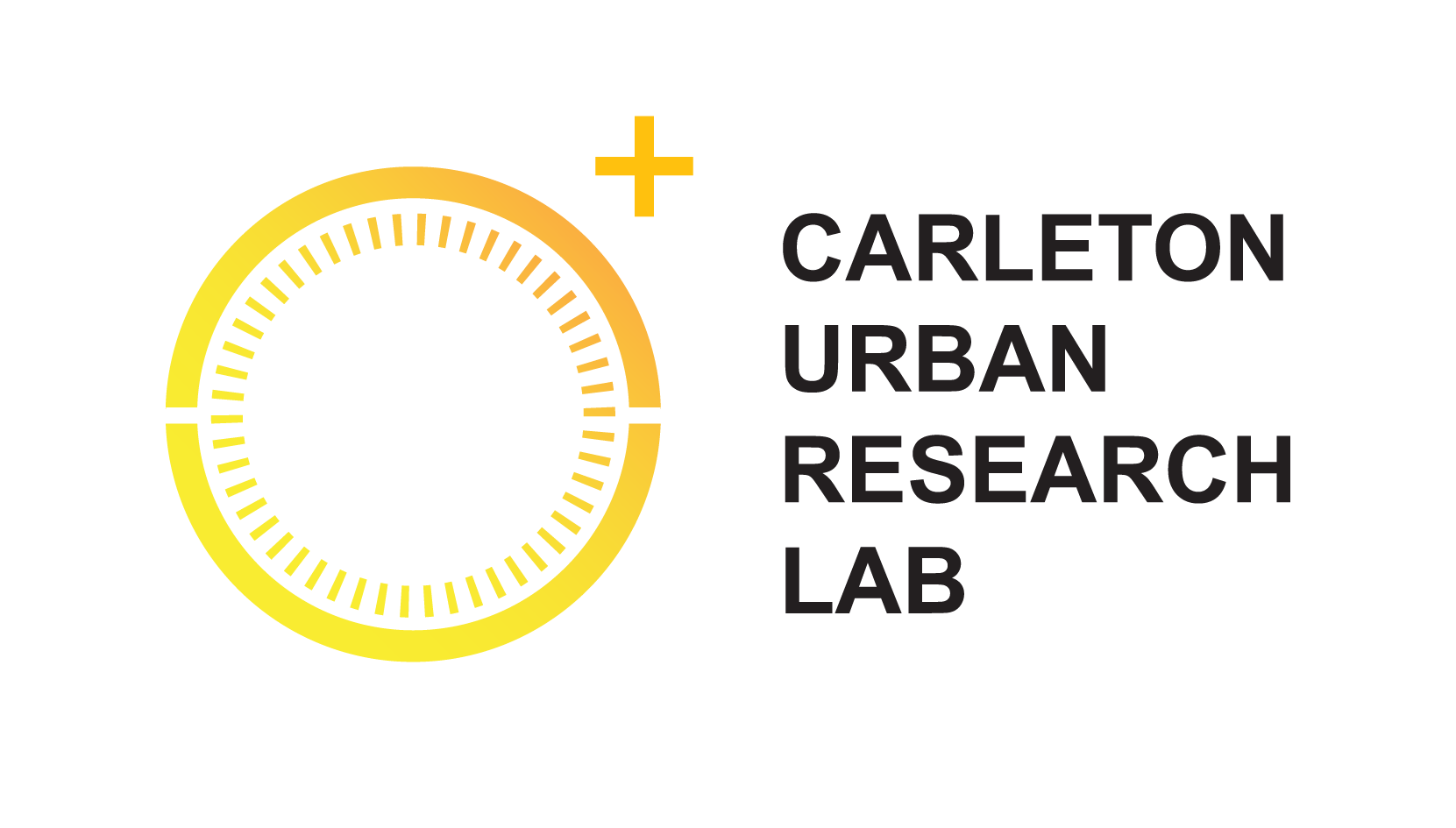Decolonizing The City (2017)
ARCU4300: Histories and Theories of Urbanism //
Instructor: Ozayr Saloojee //
Cities are profoundly complex things. They are organisms of drastic potential, facilitating and denying how we – as inhabitants of these urban amalgams, connect to others, to work, to living, to belonging, to knowing (or not) who we are. Urbanism, as its most elemental definitions assert, is the “way of life” characteristic to cities and towns, the planning development of “cities and towns,” the particular spatial and morphological qualities of cities and towns. While true, these are broad descriptors that require a more rigorous unpacking. Whose “way of life,” exactly, are we speaking of? Which decisions – and why – result in development and planning of a particular sort and a particular order? What patterns – natural, climatic and human – impact space, form and morphology? This seminar will explore and challenge how we have traditionally seen and theorized the city, and in particular, through how the traditional theorization of the city (beyond Hausman, beyond Prost, beyond the Garden City and the City Beautiful, beyond Corbusier and Wright) can be de-constructed and reconstructed (and therefore, understood anew) through the frame of post-colonial theory. We will explore themes of power and the de-colonizing of power in the city and will foreground critical discussion and exchange based on selected weekly readings, lectures, guest lectures and films. The course project will require students to develop a compiled series of “White” papers. Utilizing the themes of the course, each student will serve as the mayor of a contemporary city and will prepare and present their White papers (as concise historical, urban and policy briefs) to a two-part mayoral summit (held in class) at the end of the semester.

